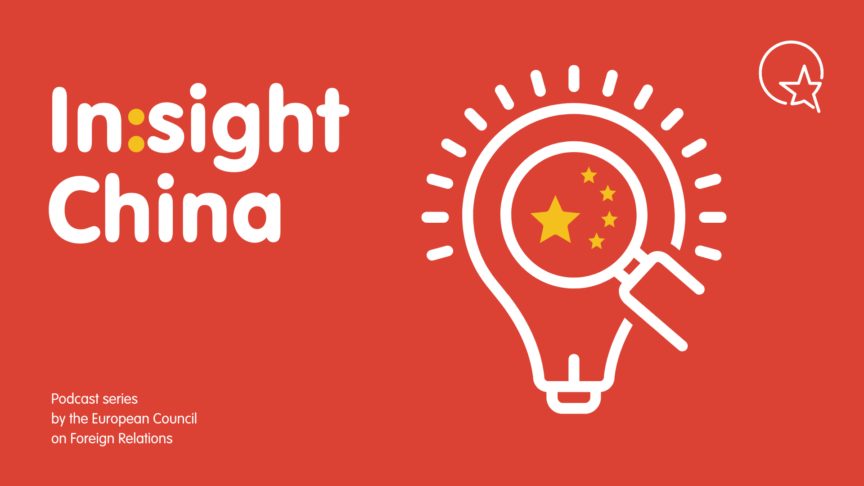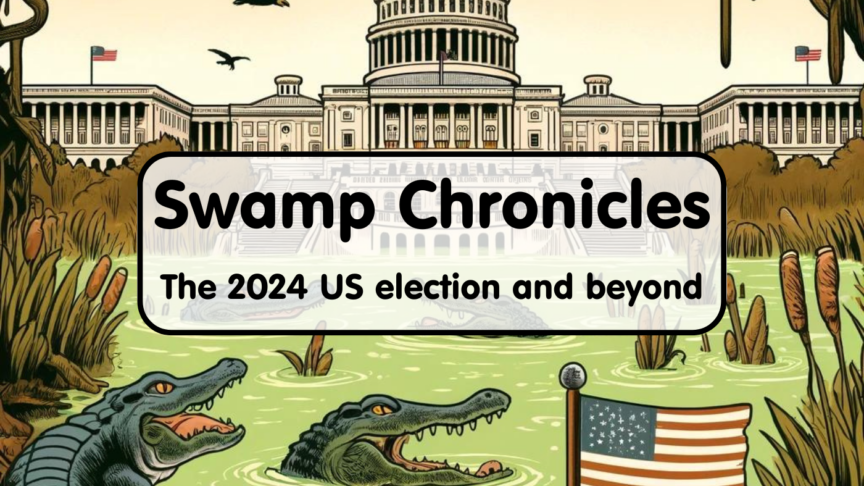China’s 1989
To load the audio player provided by Soundcloud, click the button below. This means Soundcloud will receive technical data about your device or browser, as well as information about your visit on this page. Soundcloud may use cookies and may transfer your data to servers outside the EU, where the level of data protection may not be equivalent to that in the EU. For more information visit our privacy policy.
Anthony Dworkin stands in for host Mark Leonard to talk about how China experienced 1989 back then and today. In some ways, it is more comparable to the changes 1968 provoked in the West, claims podcast guest and China expert Jeff Wasserstrom. Looking beyond the dreadful Tiananmen Square Massacre, how did China change after 1989 politically and socially? And can we draw a line from the protests back then to the ones in Hong Kong right now?
This podcast was recorded on 2 December 2019.
Bookshelf:
- “Vigil: Hong Kong on the Brink” by Jeffrey Wasserstrom
- “Minjian: The Rise of China’s Grassroots Intellectuals” by Sebastian Veg
- Follow: Yangyang Cheng @yangyang_chen



